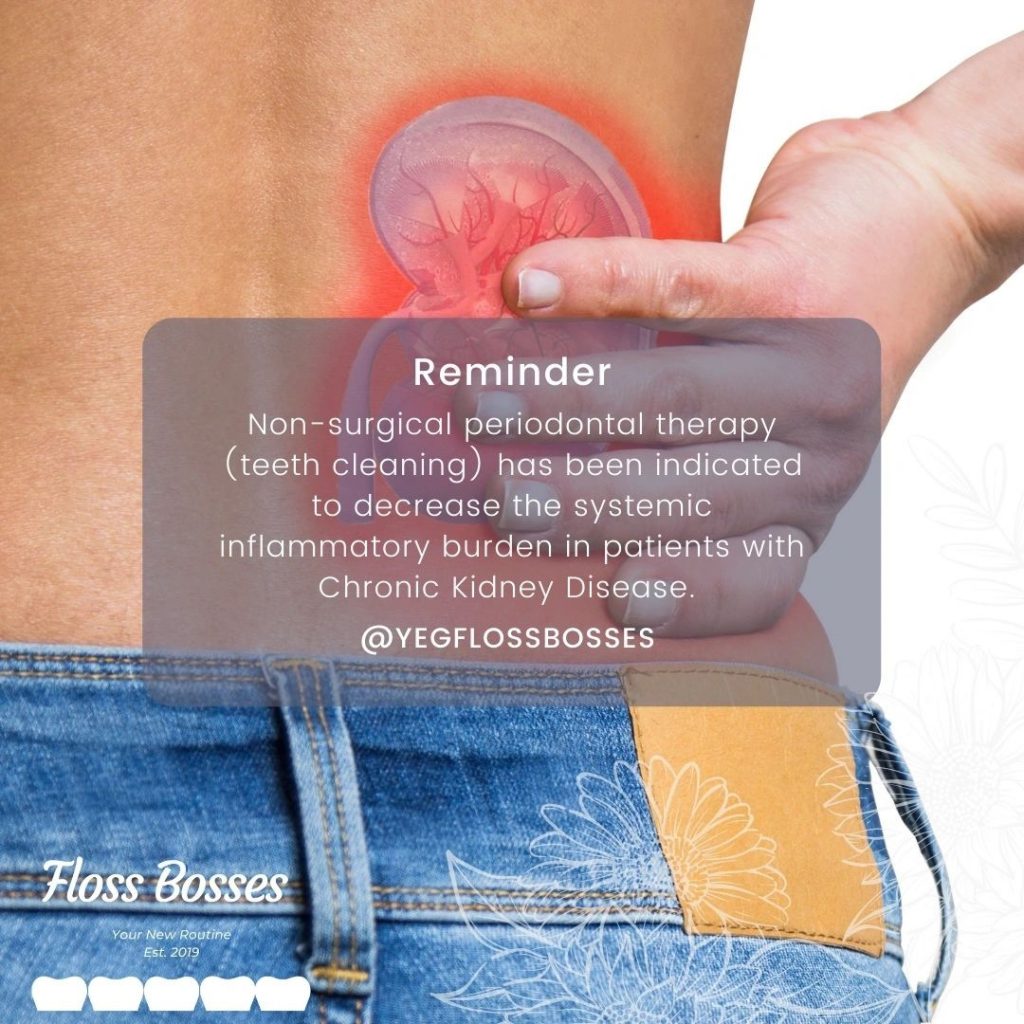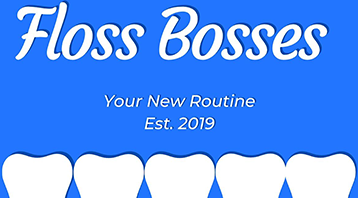What are kidneys and their function in a nut shell.
Kidneys are a pair of bean shaped organs on both sides of the spine behind your belly. Kidneys remove waste and extra fluids from your body by filtrating the fluids going through them. They maintain a healthy balance of water, salt and minerals as well as produce hormones controlling blood pressure, make red blood cells and keep your bones healthy.
Did you know that a salty snack chased down with water will pick you up faster than a cup of coffee? All thanks to kidneys.
Non-communicable diseases (NCD) are a major cause of mortality in the developed world. NCD include diabetes, heart disease, chronic obstructive pulmonary disease, cancer and chronic kidney disease.
Urgent fact. 40% of the total deaths from NCD can be controlled by eliminating the risk factors like obesity, decreased physical activities, raised blood pressure, increased blood cholesterol levels and periodontal disease. (1)
Gradual loss of normal kidney function or complete failure of the kidney(s) is called chronic kidney disease (CKD). CKD has been shown to have a bidirectional relationship with periodontal disease. It may affect your oral health causing gingival enlargement, dry mouth and radiographic changes of maxillary bone (the upper jaw)(1). By changing the chemistry of the body, chronic kidney disease also may increase formation of calculus (tartar) making home care and oral health maintenance a challenge (2).
60% of patient with CKD have moderate to severe periodontitis (3)
Is the mouth the root of all evil?
Gum disease is the 6th most prevalent disease in humans. It is a destructive inflammation of the gums. In addition, it may lead to decay of the bone around the teeth. The pathogenic bacteria causing this damage, infuriate our immune system to act. Once the tissue damage occurs from the reaction the immune system imposes, the bacteria and their toxins enter the body and travel to the heart, lungs, kidneys and brain. This is called inflammation burden. Gum disease, a risk factor for NCD, increases systemic inflammation.
Periodontitis, a low grade infection, may adversely affect chronic kidney disease decreasing the function of the kidneys.
What do we do about it?
Never ignore bleeding gums. Bleeding gums are an indication that the bacteria and their toxins are entering the rest of the body. If there are any changes to your systemic health, please let our dental hygienists know so we can modify your preventative and therapeutic oral treatments like teeth cleaning. Teeth cleaning is a non-surgical treatment of gum disease. Recognizing the risk factors, assessing and diagnosing gum disease are imperative first steps.
At Floss Bosses, we recommend frequent (3 month) teeth cleaning and an evidence based approach to home care. If you are immune compromised like someone with CKD, we recommend using a mouthwash prior to their home care routine. This pre-rinse decreases the level of microbes entering the body while brushing and flossing. Simply swishing with antimicrobial agent like Opti-Rinse prior to brushing helps, followed by flossing (interdental brushing) and bushing.
The ultimate goal is to decrease bleeding gums and, therefore, the inflammation burden on systemic health.
Your dental hygienist at Floss Bosses, performs a thorough medical update, check up of your gums, initial teeth cleaning treatment to fight the inflammation. It is followed by 3 month maintenance therapy. If the inflammation is persistent, the dental hygienist might use adjunct therapies like laser assisted periodontal therapy.
Please, when you notice bleeding gums, go see your dental practitioner to have it checked and treated.
To all my non-dentals, go floss, brush, get your teeth cleaned & smile for your better health!

